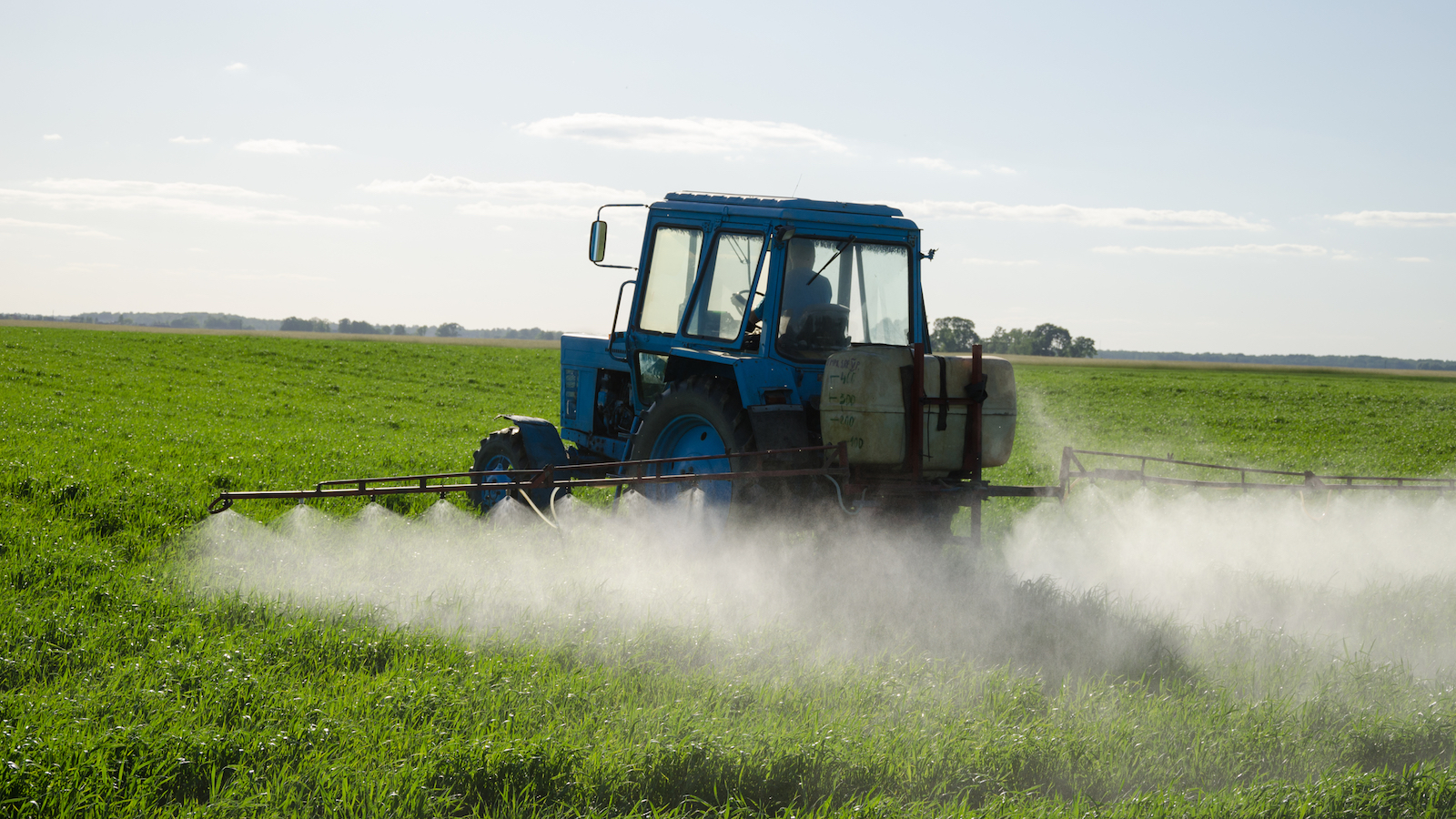Some good, some bad in Obama Administration plan to combat antibiotic overuse
Plan fails to address largest source of overuse on factory farms
OSPIRG
Tomorrow, President Obama’s National Task Force for Combating Resistant Bacteria will issue a five-year action plan to tackle the growing problem of antibiotic resistance. While the plan will take several important steps necessary to control the spread of antibiotic-resistant bacteria, it will miss the opportunity to call for critical reforms in the agricultural sector that are essential to protect public health. The plan comes as state lawmakers are debating legislation [pdf] to curtail overuse of antibiotics on farm animals in Oregon – a practice identified by the medical community worldwide as an important source of antibiotic resistance.
In 2013, the Centers for Disease Control and Prevention (CDC) said that antibiotic resistance could be the “next pandemic,” and the agency has reported that 2 million Americans are sickened and 23,000 are killed by antibiotic-resistant infections every year.
Industrial agriculture is the biggest consumer of antibiotics in the United States: up to 70 percent of antibiotics sold in the U.S. for the purposes of treating livestock and poultry, which often get their helping of the drugs whether they’re sick or not. Experts around the globe agree that steps to immediately and significantly reduce antibiotic use on factory farms are essential to curb the spread of antibiotic-resistant bacteria. Animals are routinely fed these drugs so that they can grow faster with less feed and remain healthy in the unsanitary, disease-laden conditions common on factory farms. This widespread overuse, however, leads to the creation of drug-resistant bacteria, and these superbugs make their way off the farm and into the surrounding environment, threatening public health across the country.
The Administration’s plan will direct federal agencies to take several actions that will combat the accelerating spread of superbugs that are increasingly resistant to antibiotics and are more difficult, expensive and sometimes impossible to treat. These include: strengthening surveillance of antibiotic sales and resistance patterns in food-producing animals; and requiring hospitals and other healthcare facilities to implement robust antibiotic stewardship programs.
“President Obama gets an A for tackling this problem from multiple angles,” said Dave Rosenfeld, executive director of the consumer group OSPIRG. “But he gets an incomplete for not fully addressing the biggest problem, the troubling overuse antibiotics on large factory farms.”
At issue is the plan’s failure to address antibiotics administered on farm animals for disease prevention to offset unsanitary conditions. This practice comprises the bulk of overuse on farms, as most recently published in the Proceedings of the National Academy of Science. Instead, the Administration’s plan focuses solely on limiting antibiotics for growth promotion, as recently proposed by the U.S. Food and Drug Administration. As outlined in a recent OSPIRG Foundation report and an OSPIRG analysis of statements by opponents of state action on this matter, such an approach is unlikely to lead to a significant reduction in antibiotic overuse on animal farms:
- The animal drug industry has stated that only 10 to 15 percent of antibiotics purchased under FDA rules are used for growth promotion, and industry leaders have made a number of statements indicating they do not expect a reduction in antibiotic sales for use on farm animals.
- Several decades ago, Denmark and the Netherlands initially focused their efforts to combat antibiotic overuse in agriculture solely on growth promotion. It wasn’t until they broadened their effort to include routine disease prevention that antibiotic sales and overuse dropped.
This lack of action to address the major source of overuse of antibiotics in agriculture is notable in the face of recent commitments by several major retailers to curtail the purchase of meat raised with the routine use of the drugs. Earlier this month, for instance, McDonald’s announced it will phase out chicken raised with medically important antibiotics in its U.S. restaurants. Chick Fil-A, Chipotle, and Panera have made similar commitments. These policies will likely do more to confront the overuse of antibiotics in agriculture than those recommended in today’s plan.
“Factory farms are playing a game of chicken with superbugs, and our ability to treat infections big and small may end up losing,” said Rosenfeld. “While fast food restaurants are taking the lead on confronting this issue, our national laws are not keeping up. This makes state action all the more critical”
Proposed legislation to address antibiotic overuse on farms through both growth promotion and disease prevention has been introduced in both the Oregon House (HB 2598) and Senate (SB 920), co-sponsored by Reps. Peter Buckley, Mitch Greenlick and Sen. Laurie Monnes Anderson and supported by groups ranging from the Oregon Nurses Association to the Oregon Pediatric Society to Friends of Family Farmers and Consumers Union: the policy arm of Consumer Reports. On Tuesday, a public hearing was held on the House version before the Committee on Agriculture and Natural Resources, and included testimony from a number of medical professionals such as Dr. Judith Guzman-Cottrill, DO and Associate Professor of Pediatrics at the Division of Infectious Diseases at Oregon Health and Science University. The Senate version is scheduled for a hearing on April 6 in the Senate Committee on Health Care.
“Our farm is just one of thousands across the United States and around the world that offer living proof that it is not necessary to overuse antibiotics on healthy animals to raise a profitable product,” said Chrissie Manion Zaerpoor, Co-Owner of Kookooloan Farms in Yamhill, “Oregon’s farmers want to nourish the state and believe public health should be increased, not endangered, by producing food to put on our tables.”
“As a veterinarian I believe it is time for livestock production to take control of their side of this problem,” said Christina Morris, DVM. “Right now, the Oregon State Legislature has the opportunity to pass House Bill 2598, which would stop untargeted use of antibiotics for industrial purposes and save them for the truly sick.”
###
Topics
Authors
David Rosenfeld
Find Out More

Expired: How date labels drive food waste and hunger

New report reveals widespread presence of plastic chemicals in our food

How much food waste does America create and what can we do about it?

